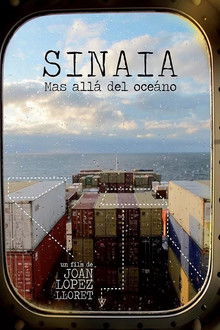On April 12th, 1864, at an insignificant little fort, several hundred black Union soldiers fought a hopeless battle against a Confederate general who was destined to become the first Grand Wizard of the KKK. This battle had a domino effect, trickling down the long road of history. Today, it is just a footnote in most history books; however, no other event of the Civil War has had such a profound impact on the twentieth century, especially on American culture.
Related Movies
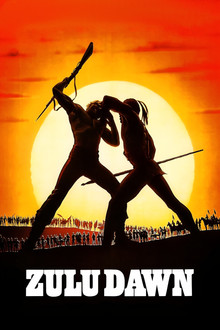
Zulu Dawn (1979)
In 1879, the British suffer a great loss at the Battle of Isandlwana due to incompetent leadership.
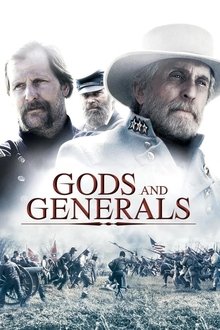
Gods and Generals (2003)
The film centers mostly around the personal and professional life of Thomas "Stonewall" Jackson, a brilliant if eccentric Confederate general, from the outbreak of the American Civil War until its halfway point.
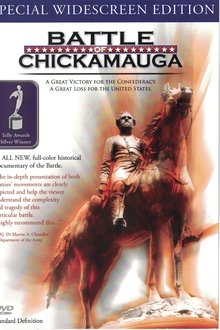
The Battle of Chickamauga (2007)
The Battle of Chickamauga proved to be one of the fiercest engagements of the American Civil War. Over a period of two days in September 1863, more than 100,000 men struggled for control of the south's most strategic transportation hub, the city of Chattanooga. Along the hills and valleys surrounding the Chickamauga Creek, over 34,000 casualties would be suffered, and the Confederate Army of Tennessee would achieve their last, great victory. Shot on location using High Definition cameras, this 70-minute documentary film dramatically recreates the battle by including more than 50 fully animated maps, period photographs, historical documents, and over 200 reenactors.
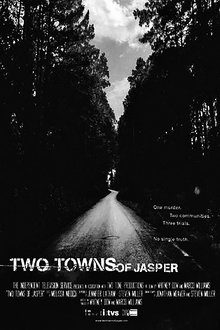
Two Towns of Jasper (2002)
Using two separate filmmaking teams (an all-white crew filming white residents and an all-black camera crew filming black residents), TWO TOWNS OF JASPER captures very different racial views by townsfolk in Jasper, Texas, the location for a racially motivated murder of an African American man in 1998.

But... Seriously (1994)
A documentary juxtaposing the events of the 20th century with the commentary of stand-up comedians.

Hidden Scars: The Great Kanto Earthquake Korean Massacre, A Documentary (2005)
In the wake of the Great Kanto Earthquake (1923), which killed nearly 100,000 people, more than 6,500 Koreans were murdered by the military, the police and civilians. This film uses evidence and testimony to examine the history behind this massacre.

Corporate Accountability (2020)
Images of Argentinian companies and factories in the first light of day, seen from the inside of a car, while the director reads out documents in voiceover that reveals the collusion of the same concerns in the military dictatorship’s terror.

Speakers for the Dead (2000)
A film about small Ontario town's struggle to restore a desecrated African-Canadian cemetery and the resulting turmoil over it.

Plaasmoorde: The Killing Fields (2018)
Included in this groundbreaking work are interviews with active farm attackers and serving police officers who confirm corrupt police are complicit in the mass‐slaughter of South Africa’s whites. Their truths are horrifying—a man and woman branded with hot irons and left to die. A husband killed in front of his wife and children. An elderly woman raped, another with half her face blown off from a shotgun. And they all share a common thread: revenge. This is a disturbing documentary—it wrought both an emotional and physical toll on all involved. What’s more, Katie was detained at the airport in South Africa on the orders of the African National Congress (ANC) for her work on this project because Plaasmoorde is the story—the truth—they don’t want you to see. We owe it to the victims—to our fellow man—to listen and to open our eyes to the truth.
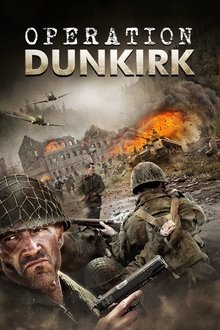
Operation Dunkirk (2017)
A band of soldiers tasked with staying behind during the Battle of Dunkirk to rescue a scientist with information that could turn the tide of the war must battle their way through dangerous Nazi territory to complete their mission.
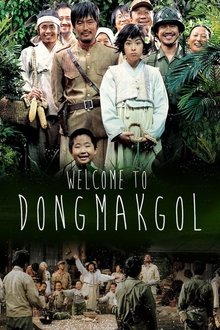
Welcome to Dongmakgol (2005)
Based on the long running play by Jang Jin, the story is set in Korea during the Korean War in 1950. Soldiers from both the North and South, as well as an American pilot, find themselves in a secluded and naively idealistic village, its residents unaware of the outside world, including the war.
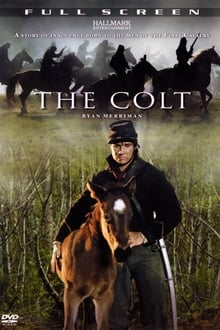
The Colt (2005)
During the heat of battle in the midst of the Civil War, a beguilingly innocent colt is born to Union Jim Rabb's beloved mare. Refusing the orders to shoot it, lest it prove a hindrance, Rabb keeps the colt as a consolation in these desperate times-a symbol of hope that leads the men of the First Cavalry on a journey of self-discovery and newfound brotherhood.
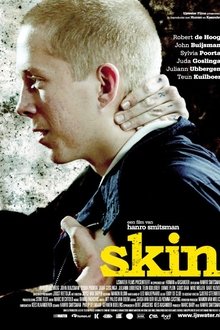
Skin (2008)
In the late Seventies, a Dutch teenager named Frankie, who is the son of a holocaust survivor, lives in a working class area in Holland. Frankie’s mother is taken to hospital in a terminal condition, causing a bigger rift between him and his father. This leads to Frankie becoming the interest of the local Nazi skinhead group.

Palm Sunday (2023)
A southern gothic drama about a young Black Caribbean Immigrant who attempts to assimilate into an all-white church in 1970s Raleigh, North Carolina.

Kafr Kassem (1974)
On the eve of the Israeli attack on Egypt in 1956, Israel declares martial law in all the occupied Arab territories without any previous notice. When the villagers of Kafr Kassem returned home from the fields, they were butchered and killed in what is known today as the massacre of “Kafr Kassem”.
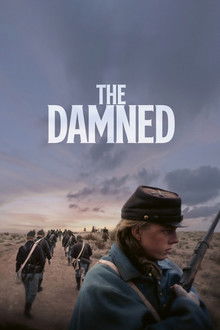
The Damned (2024)
Winter 1862. In the midst of the Civil War, the US Army sends a company of volunteer soldiers to the western territories, with the task of patrolling the unchartered borderlands. As their mission ultimately changes course, the meaning behind their engagement begins to elude them.
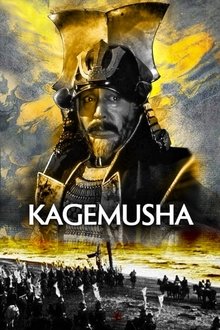
Kagemusha (1980)
Akira Kurosawa's lauded feudal epic presents the tale of a petty thief who is recruited to impersonate Shingen, an aging warlord, in order to avoid attacks by competing clans. When Shingen dies, his generals reluctantly agree to have the impostor take over as the powerful ruler. He soon begins to appreciate life as Shingen, but his commitment to the role is tested when he must lead his troops into battle against the forces of a rival warlord.

